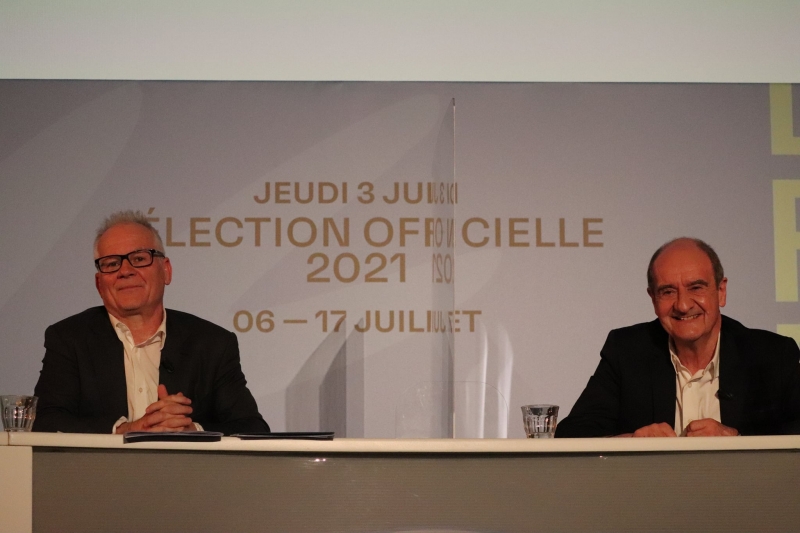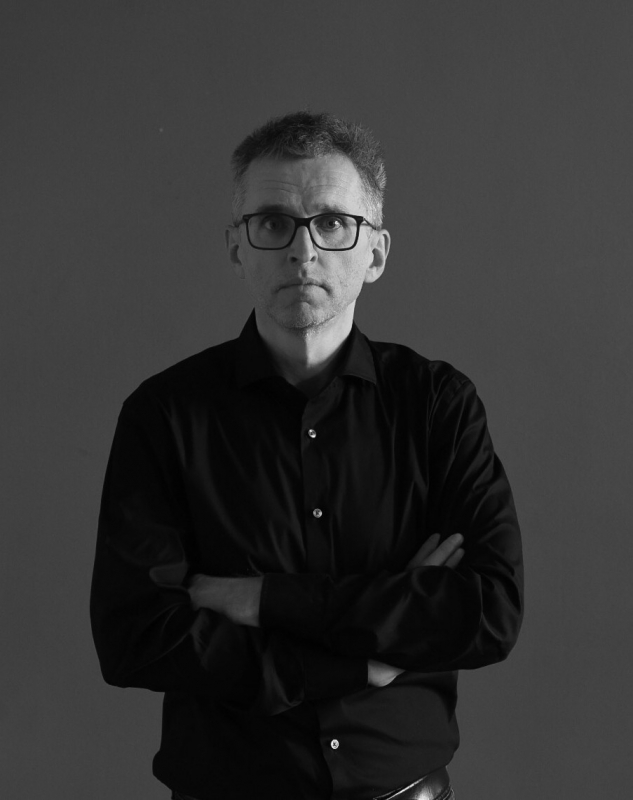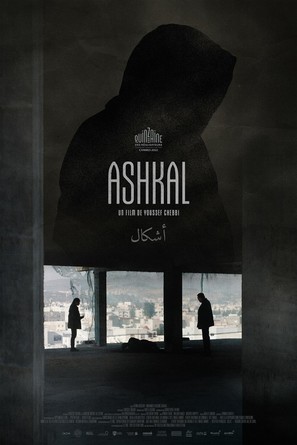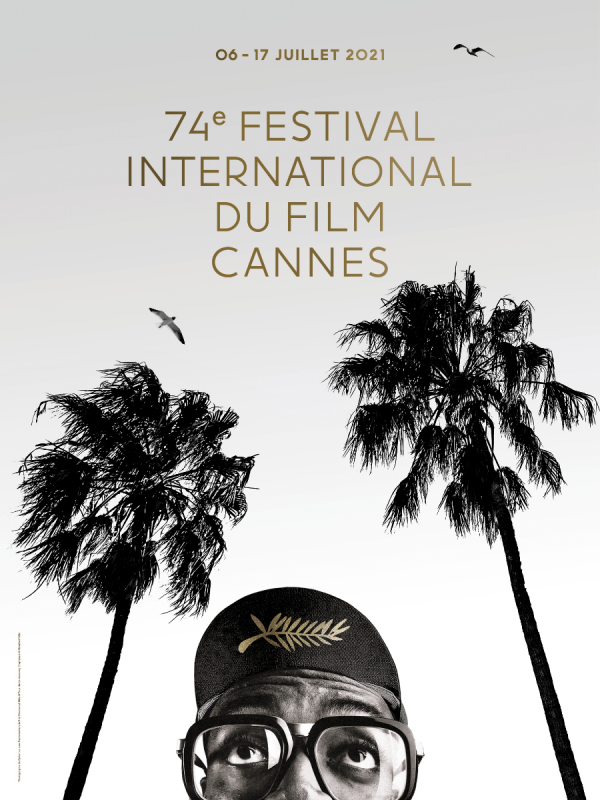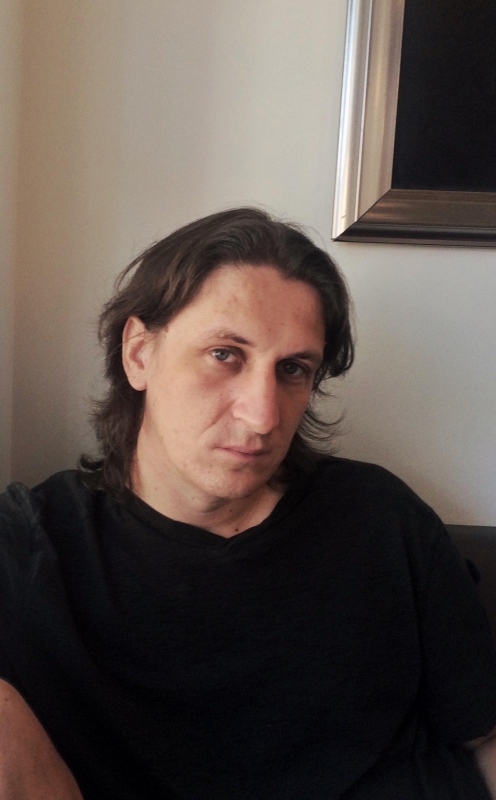|
|
||
|
Pro Tools
FILMFESTIVALS | 24/7 world wide coverageWelcome ! Enjoy the best of both worlds: Film & Festival News, exploring the best of the film festivals community. Launched in 1995, relentlessly connecting films to festivals, documenting and promoting festivals worldwide. Working on an upgrade soon. For collaboration, editorial contributions, or publicity, please send us an email here. User login |
"Tehilim" by Raphaël NadjariRaphaël Nadjari, one of whose previous films, The Shade, was selected for Un Certain Regard in 1999, is presenting his new feature, Tehilim, in Competition today. This drama, which attests to French director Nadjari's attachment to Israel - just as Avanim (2004) did - is the portrait of a Jewish family in great distress following the death of the father, played by Shmuel Vilojni. Each member of the family does his or her best to deal with the void left by the death, and the difficulties of daily life. While the adults take refuge in silence or tradition, the two children - played by Michael Moshonov and Yonathan Alster - try, in their own way, to bring their father back. On his reasons for choosing this story, Raphaël Nadjari explained: "I was looking for a simple, personal story to raise very complex issues. (…) Through the real daily life of a family, I wanted to look at something you never get over: the disappearance of loved ones. It's as if God Himself had abandoned us, revealing our vulnerability, and making us start to doubt. To we find Him again. (…) I am not doing a sociological studey. I’m trying to spontaneously understand the composite and dialectical dimension of Judaism beyond its different communities."
Press Conference:
Raphaël Nadjari, whose film Tehilim was presented in Competition today, met the press this Friday afternoon to answer journalists' questions about the film. He was joined by actors Michael Moshonov, Limor Goldstein, and Yonathan Alster, as well as the film's producers, Geoffroy Grison and Marek Rozenbaum. Highlights follow: Raphaël Nadjari on the questions raised by the film: "Must one believe or not, pray or not, be religious or not? We raise these questions, but we don't give any answers. Nevertheless, two elements had emerged when we finished shooting. First, no one has a monopoly on the truth; truth is something people find together. Second, faced with a feeling of loss, something that affects many people, what's necessary is to find hope." Raphaël Nadjari on the relationship between the private and the universal: "We have to be able to question ourselves in terms of something besides current events. I prefer to take a more intimate approach to reaching a global vision. One must distance oneself from ideology to achieve some form of understanding." Michael Moshonov on the shoot: "This film was a big adventure and a wonderful experience. I had never worked on this type of film, with a lot of improvisation. When I got to Tel Aviv and the shooting started, I was in a state of shock. I myself had a very deep bond with my father. When my character loses his father, he loses everything, which forces him to become a man. Each of the characters in the film is on a quest for the father." Limor Goldstein, on the film's subject: "It's the story of a loss. How can you deal with yourself and your emotions after such a great loss? How can you survive, and make your family survive?" Raphaël Nadjari, on his work with the actors: "The actors and I formed a dislocated but very organic whole. I had to manage a substance that was on the move, constantly coming apart and rebuilding itself. Each of the actors had an approach that was simultaneously autonomous and organic, part of the whole. It was a collaborative effort." On the reasons for the father's disappearance: Michael Moshonov: "I always thought he might have fled to get away from us. There is this idea that he could have abandoned us, but, at the same time, we're in Israel, so he might very well have been kidnapped. The more you think about it, the more new ideas come to you." Raphaël Nadjari: "Each character has his or her own idea of what happened to the father. One thing is certain: something happened, and it caused him to run away. That's what's interesting. Each character tries to put the story together in his own way. The goal of the film is to arrive at several possible interpretations, so that each one can invest something personal. That's why we left the blank spaces on the screen." Raphaël Nadjari, on the languages the film was shot in: "In my opinion, film is a means of breaking through barriers: Charlie Chaplin looked like a waiflike European, but that didn't keep him from being a hero in Japan. Perhaps if several different languages were spoken in the films of today, it would be a way of going back to silent film…"
21.05.2007 | Cannes's blog Cat. : Arts Cinema of Israel Entertainment Entertainment Film Geoffroy Grison Israel Japan Limor Goldstein Marek Rozenbaum Michael Moshonov MICHAEL MOSHONOV Raphael Nadjari Raphael Nadjari raphel nadjari Shmuel Vilojni tehilim Tehilim TEL AVIV The Shade The Shade Yonathan Alster FESTIVALS
|
LinksThe Bulletin Board > The Bulletin Board Blog Following News Interview with IFTA Chairman (AFM)
Interview with Cannes Marche du Film Director
Filmfestivals.com dailies live coverage from > Live from India
Useful links for the indies: > Big files transfer
+ SUBSCRIBE to the weekly Newsletter Deals+ Special offers and discounts from filmfestivals.com Selected fun offers
> Bonus Casino
User imagesAbout CannesMy festivalThe EditorUser contributions |



















